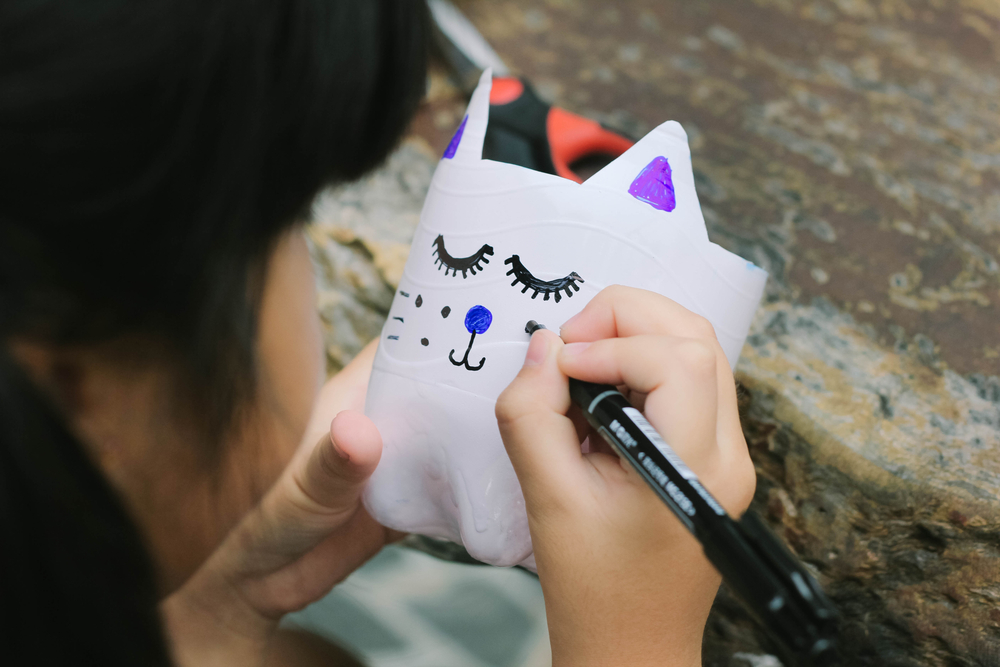Alphabet Recognition Extra Challenge Worksheets for Ages 5-9
6 filtered results
-
From - To
Discover the perfect way to enhance your child's alphabet recognition skills with our Alphabet Recognition Extra Challenge Worksheets designed for ages 5-9! These engaging and challenging printable worksheets from Kids Academy are tailored to boost your child's alphabet mastery through fun and interactive activities. Perfect for early learners in preschool and elementary, our worksheets will help your child develop pivotal literacy skills, improve attention to detail, and build a strong foundation for reading and writing. Watch your child gain confidence and enjoy the learning journey with every letter of the alphabet. Visit our webpage for more details!


Letter A Tracing Page
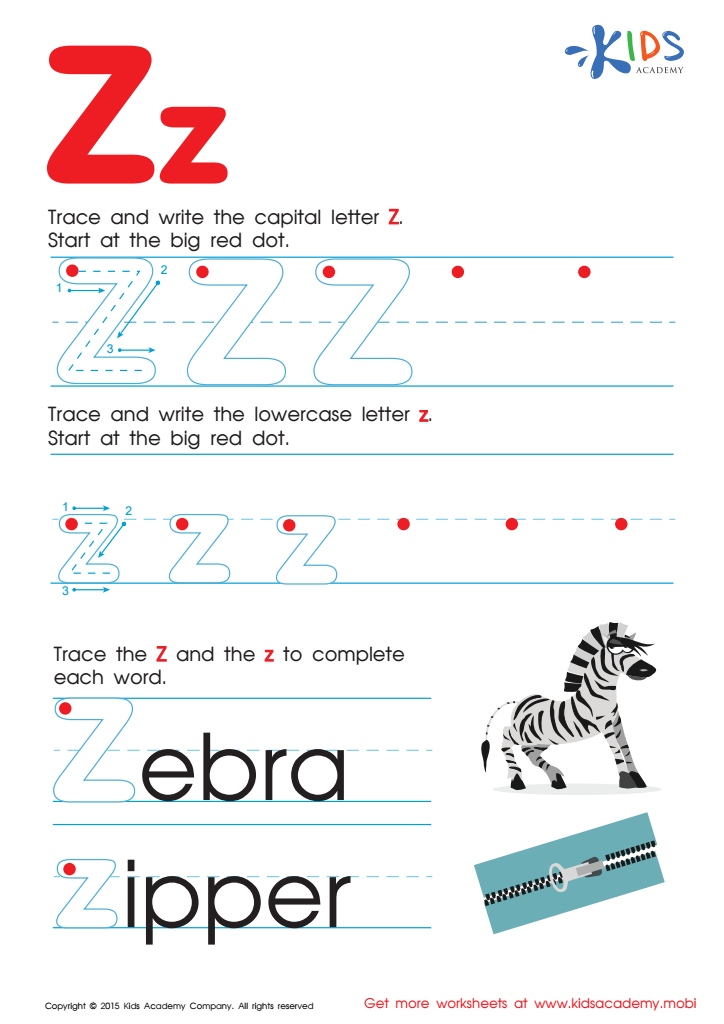

Letter Z Tracing Page
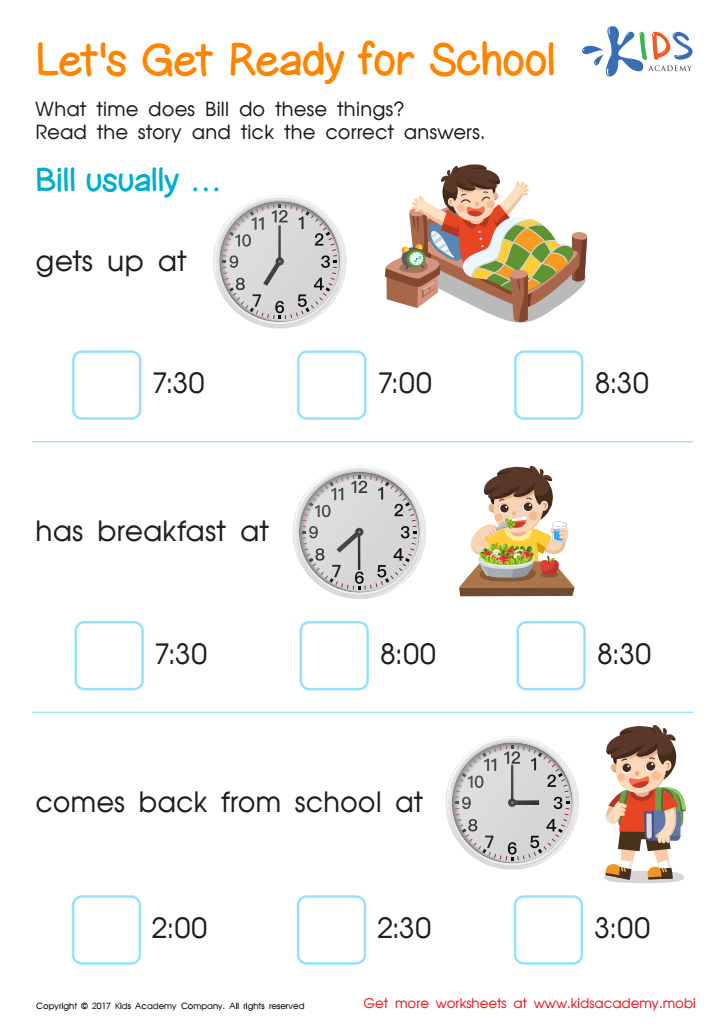

Lets Get Ready For School Time Printable
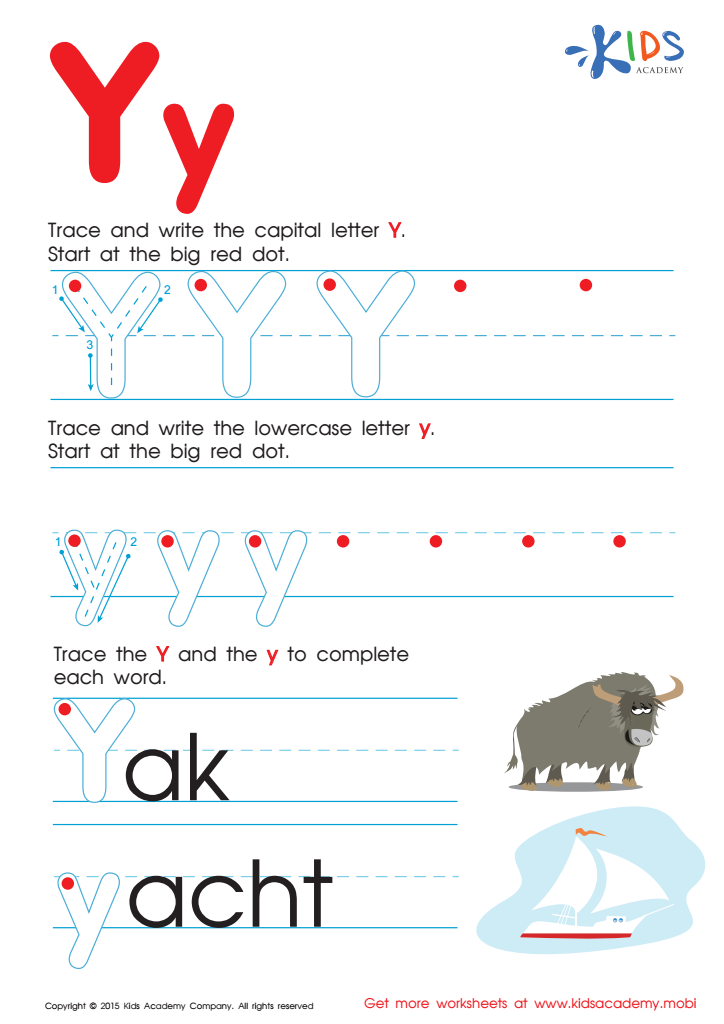

Letter Y Tracing Page
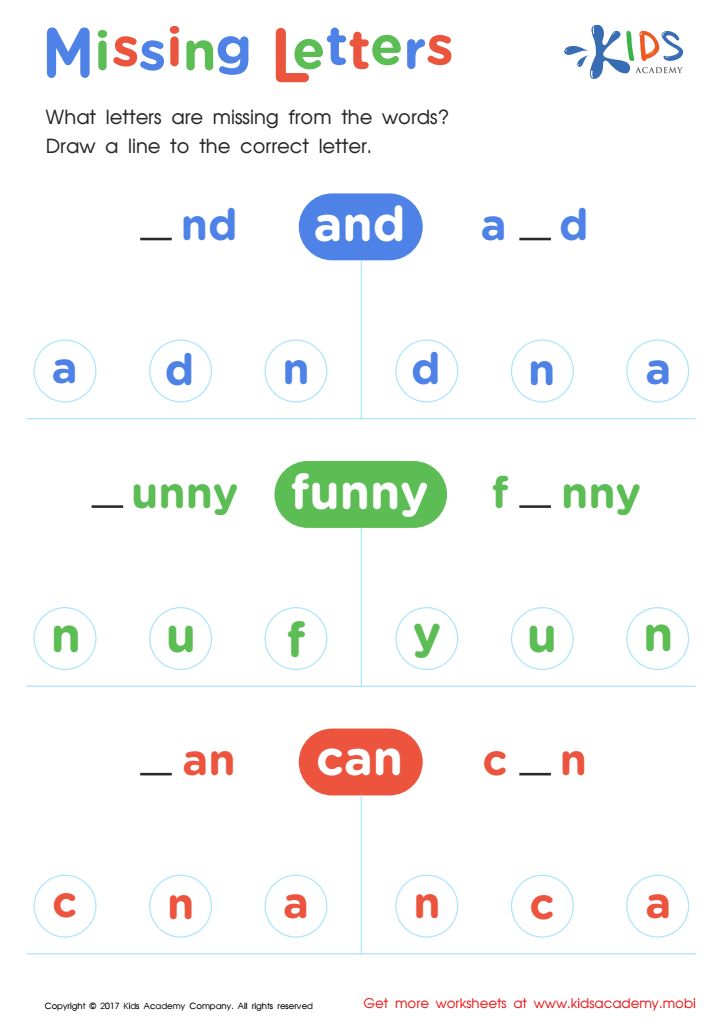

Missing Letters Worksheet
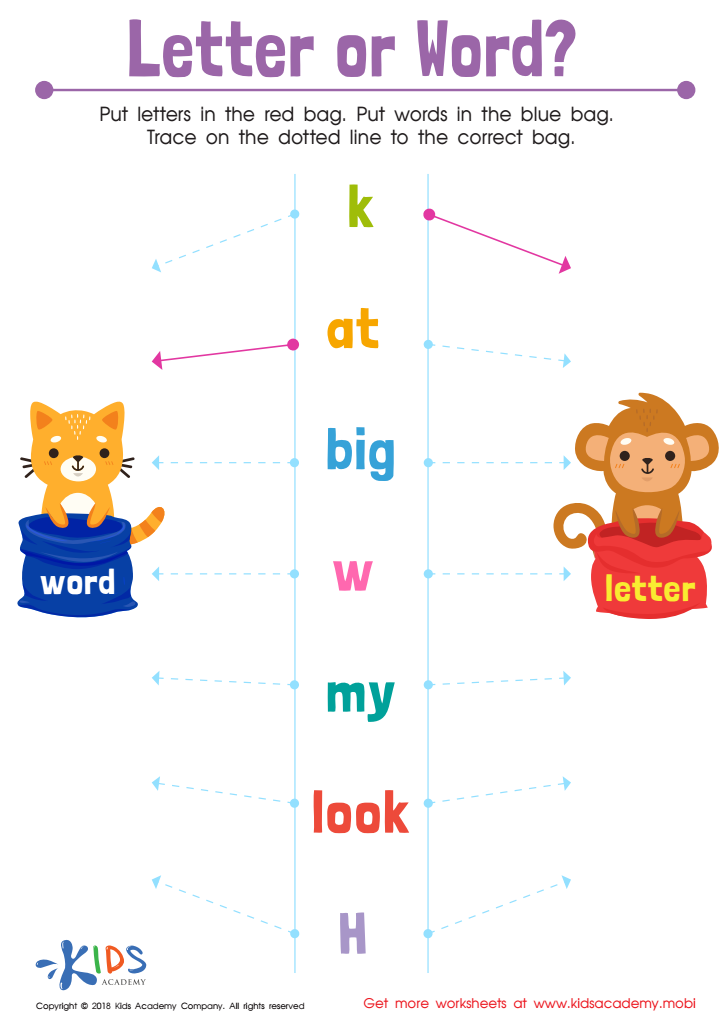

Letter or Word? Worksheet
Alphabet recognition is a foundational skill in early childhood education, and implementing an extra challenge for ages 5-9 can significantly benefit both parents and teachers. At this stage, children are rapidly developing cognitive, linguistic, and fine motor skills. Extra challenges in alphabet recognition foster a child's ability to understand and utilize the building blocks of language.
For parents, engaging their children in advanced alphabet activities encourages a nurturing home learning environment. It creates opportunities for parent-child bonding while promoting a love for literacy from an early age. Additionally, it can act as an early indicator of any learning difficulties, allowing parents to seek timely interventions.
Teachers, on the other hand, observe that students with strong alphabet recognition skills tend to excel in reading fluency, comprehension, and spelling. Extra challenges cater to students with different learning paces, ensuring advanced learners remain engaged while supporting those requiring more practice. Ultimately, these exercises promote critical thinking and problem-solving abilities.
By incorporating innovative and challenging activities, such as identifying letters in various fonts, matching uppercase and lowercase letters, and integrating letters in different contexts, both parents and teachers can ensure that children build robust literacy foundations, aiding their overall academic success and lifelong love of learning.
 Assign to My Students
Assign to My Students




